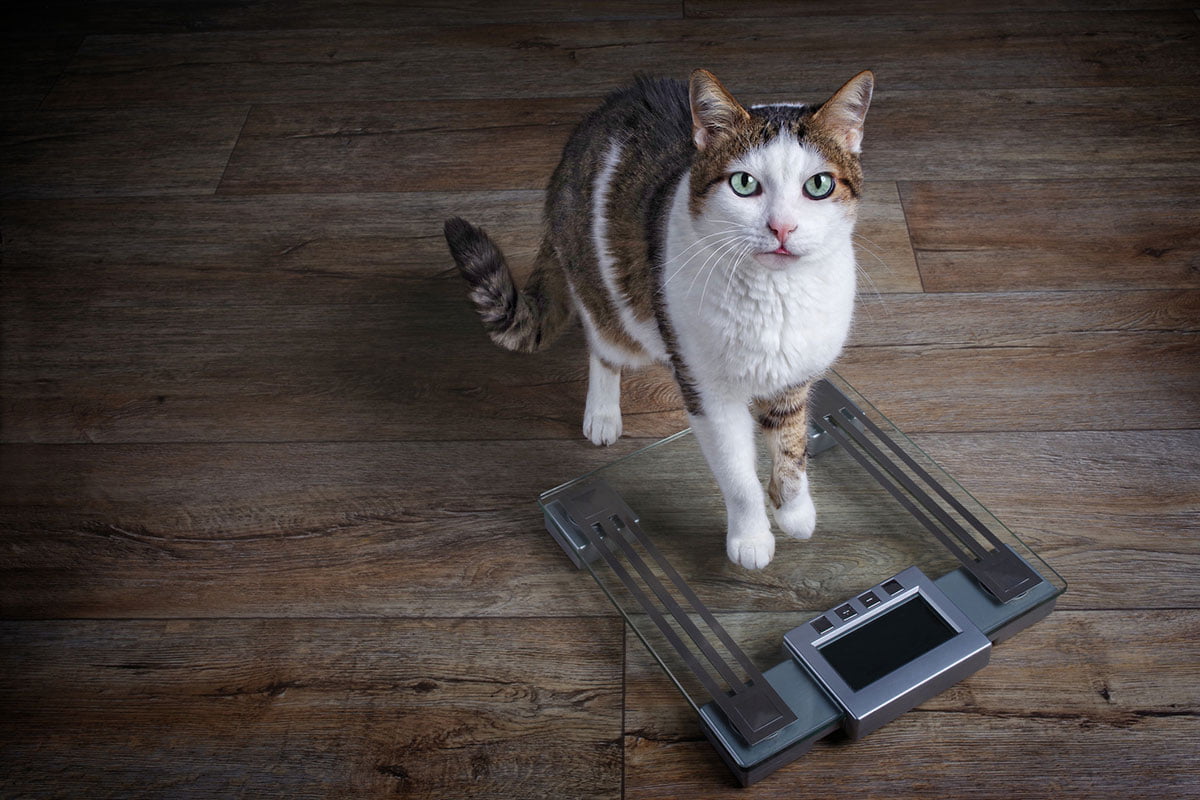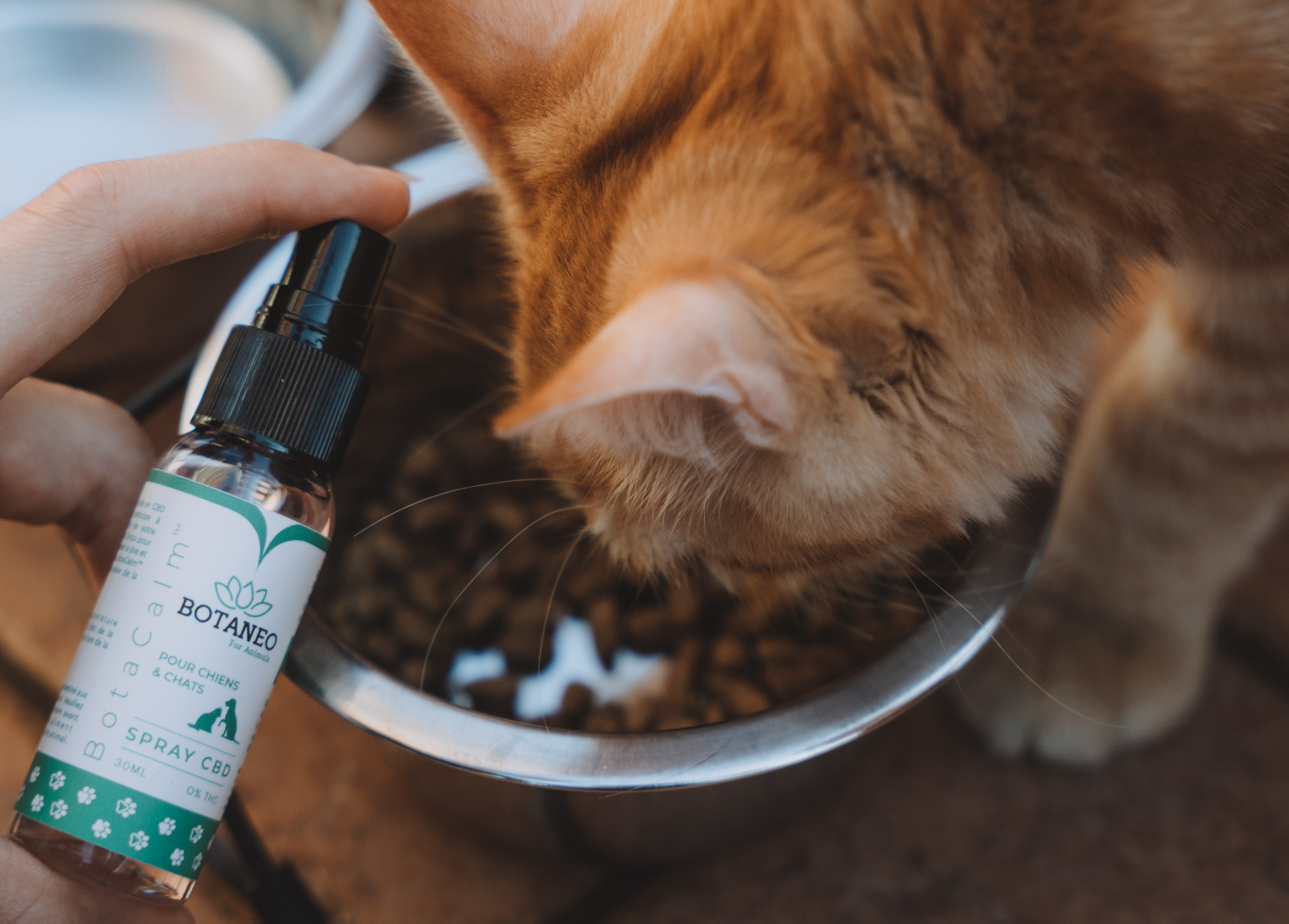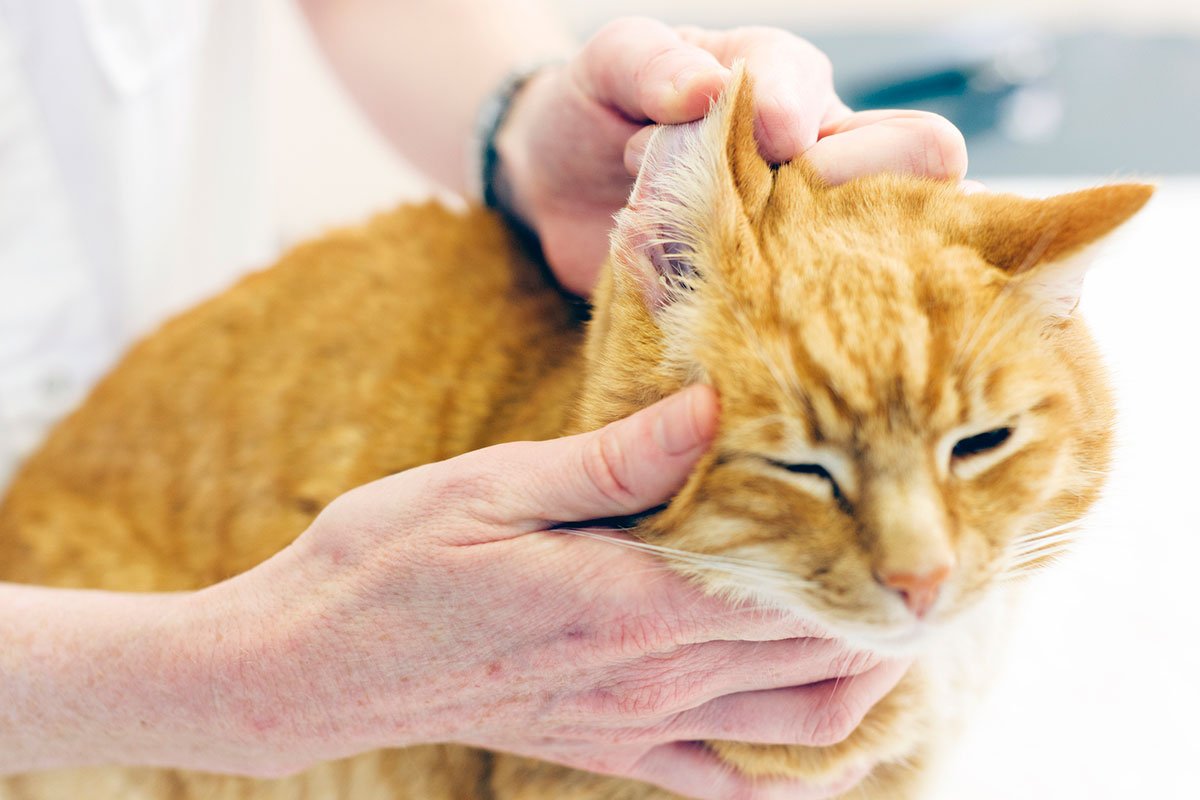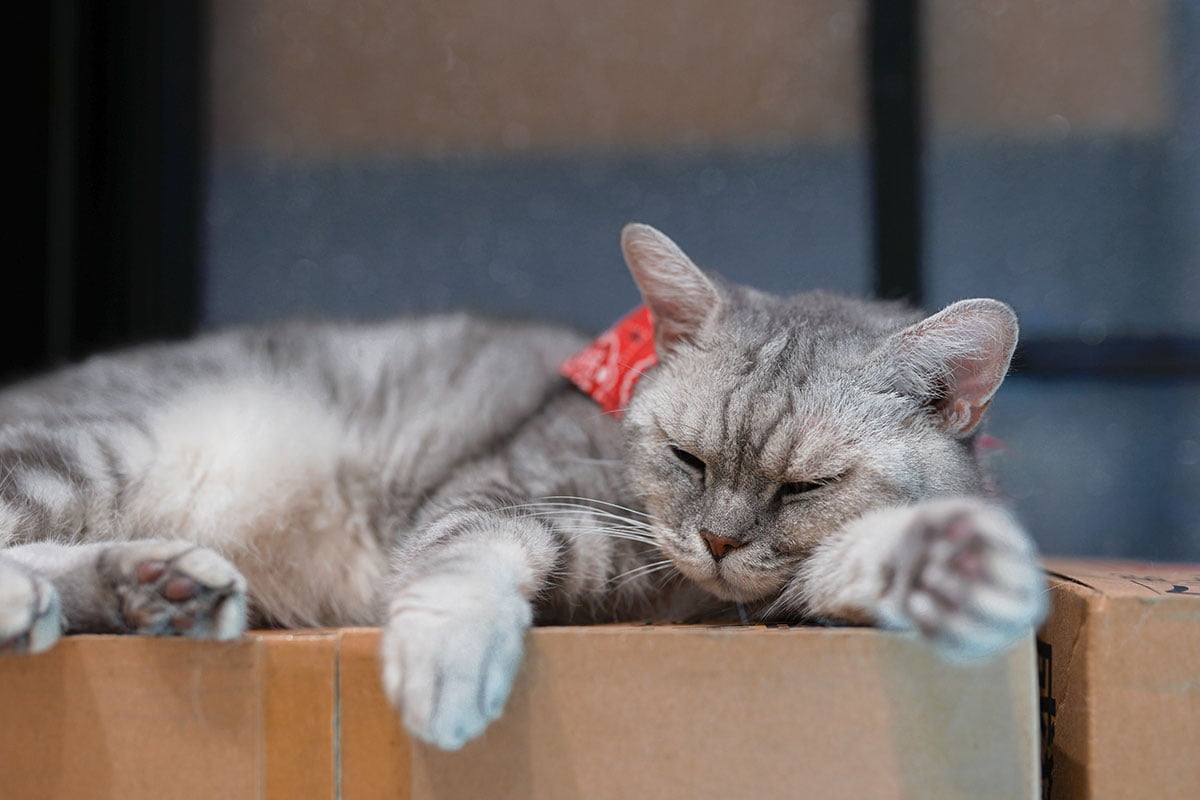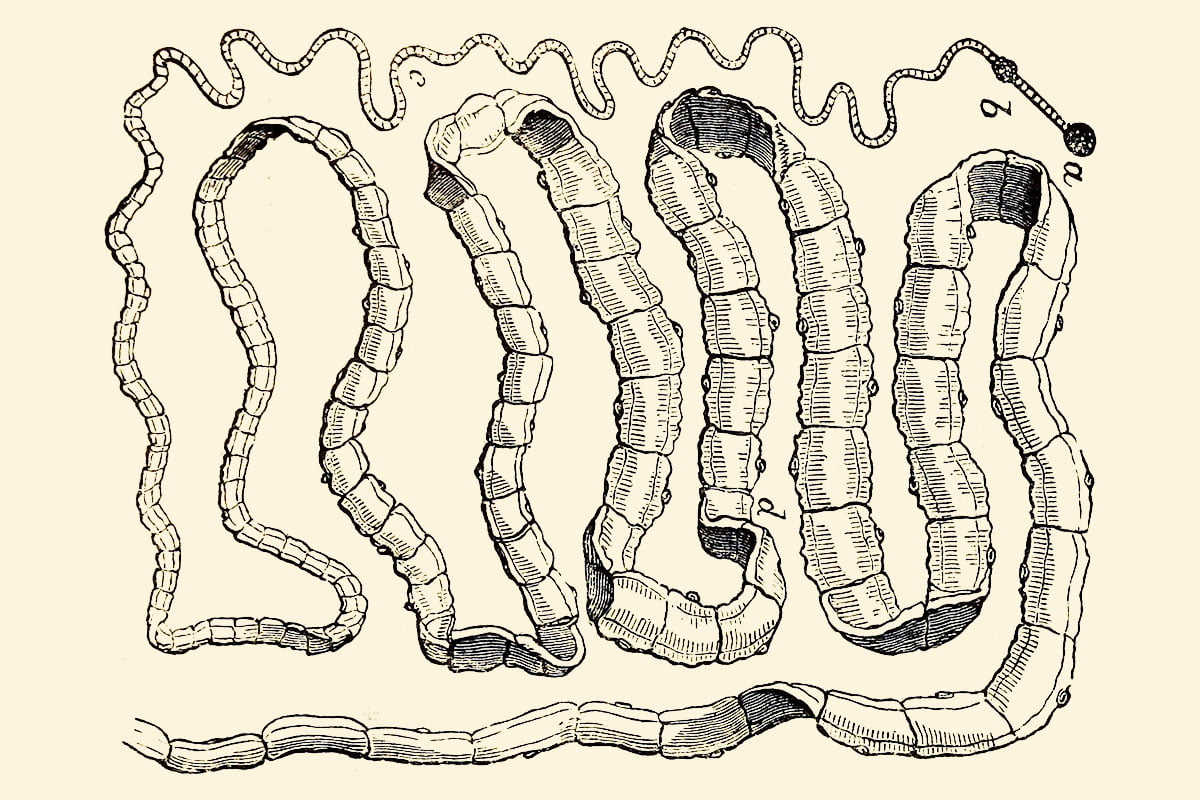There are many different types of cats. Just like many other pets and humans, cats come in all shapes and sizes. This means that there is no ideal weight specific to all cats.
Although that makes sense, it is important to know how much your cat should weigh and there are different, universal cues to let you know if your cat is underweight, overweight, or just right. Here are the different factors you need to consider when it comes to figuring out how much your cat should weigh:
The Body Type of a Cat
Even though there are many different types of cat, the species of cat has a very specific figure, whether your cat is a Siamese kitty or a Main Coon.
“Cats should have that hourglass figure when you’re looking down at them,” Melissa Mustillo, DVM, a veterinarian at A Cat Clinic in Maryland advises, “They shouldn’t have a saggy belly hanging down, and you should be able to feel their ribs.”
If your cat is too skinny, you will be able to see their shoulder muscles, ribs, and backbone easily. This condition can be just as dangerous as an overweight cat.
The Average House Cat
The average house cat weighs ten pounds. Although, depending on the breed of cat, a housecat could be healthy at eight pounds or twenty-five pounds. It all depends on the specific species of cat. (Although, for most housecats, twelve pounds is considered an overweight cat.)
Fortunately, your vet will be able to tell you the type of cat you have, if you don’t know, and whether your cat is over, under, or just right in the weight department.
The Dangers of an Underweight Cat
 There are many reasons your cat is underweight. Even though you feed your cat regularly, illness or just pickiness can cause your cat to remain underweight. However, it is important to figure out what the reason is and fix it, because there are many dangers of an underweight cat:
There are many reasons your cat is underweight. Even though you feed your cat regularly, illness or just pickiness can cause your cat to remain underweight. However, it is important to figure out what the reason is and fix it, because there are many dangers of an underweight cat:
- Being underweight can be the first sign of health issues.
- Underweight cats can be anorexic.
- It could be a sign of nutrient deficiency.
- If your cat eats but continues to lose weight, it can be the result of a tapeworm.
- Underweight cats have a compromised immune system.
- Their quality of life is severely diminished.
Having a cat that is or might be underweight is just as dangerous as a cat being overweight.
The Dangers of An Overweight Cat
 Humans and cats share this common issue. Of course, you want to give your cat everything. You want every day to be perfect and your wish is that they never want for anything. However, by allowing your cat to become overweight is not doing your cat any favors. Cats are animals and if they are hungry, regardless of whether they should eat or not, if there is food, they will eat. Unfortunately, there are a lot of dangers that come from a cat being overweight:
Humans and cats share this common issue. Of course, you want to give your cat everything. You want every day to be perfect and your wish is that they never want for anything. However, by allowing your cat to become overweight is not doing your cat any favors. Cats are animals and if they are hungry, regardless of whether they should eat or not, if there is food, they will eat. Unfortunately, there are a lot of dangers that come from a cat being overweight:
- Overweight cats can develop diabetes, heart issues, hypertension, and cancer.
- It shortens a cat’s lifespan.
- Overweight cats often have urinary and bladder stones.
- Heavy cats cannot be playful active cats, so their quality of life plummets.
To close, if you are concerned about how much your cat should weigh, it is important for you to visit your vet. Even if you have information about your cat and how much they should weigh, it is always best to have a medical professional monitor your cat’s weight and help you maintain it. A vet will also be able to help you determine whether your cat is just a picky/gluttonous eater or if there is a medical reason your cat is having trouble maintaining a healthy weight.

